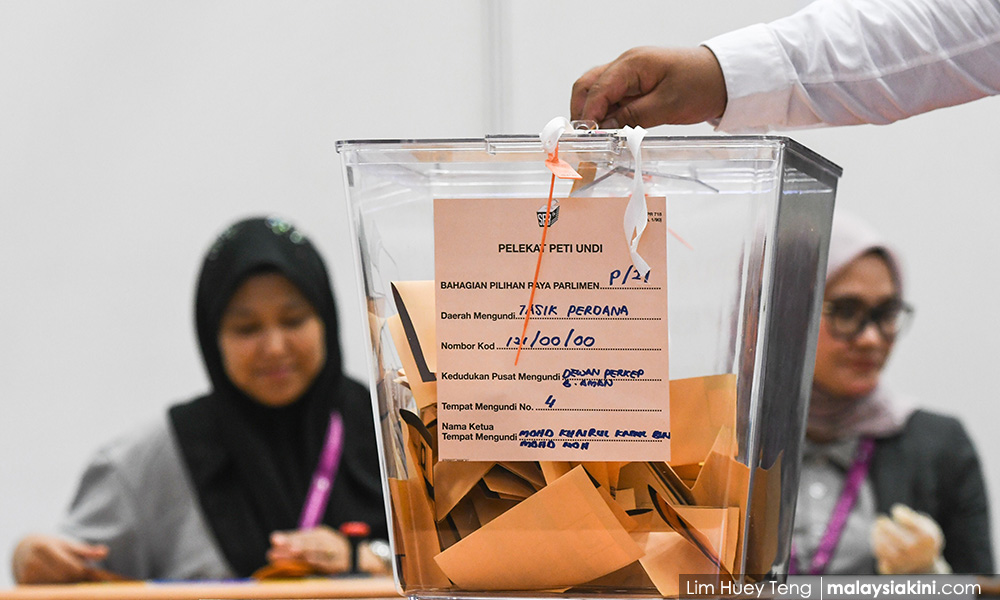A Bersatu leader today backed electoral watchdog Bersih's call for the government to review Malaysia's current first-past-the-post (FPTP) voting system.
In a statement today, Bersatu supreme council member Wan Saiful Wan Jan said this was because the FPTP system stifles healthy competition when there are more than two major contesting parties.
"In fact, smaller parties may not have a chance to compete at all.
"This is what forced parties in Malaysia to form coalitions. If they were to contest on their own, then they will face a tough challenge," he said.
Wan Saiful also concurred with Bersih's views on lessons that Malaysia could learn from the election system practised in the United Kingdom.
"It is true that in the UK selection of candidates are more dependent on grassroots members (of a party), and this creates stronger ties between an elected representative and constituents," who himself contested in a UK election when he ran as the Conservative Party candidate for the Luton Borough Council in 2007.

Instead of the FPTP, Wan Saiful argued that a proportional representation (PR) system would be fairer in the Malaysian context where there are many small political parties.
"A PR system would allow even a small party to get a fair chance, without needing to form a coalition. This will allow minority voices a chance to be heard in a Malaysian election," he explained.
With PR, support for political parties is reflected proportionately in the elected body.
PR systems include mixed-member PR (MMP), and party-list PR (List-PR).
Wan Saiful added that he would also raise Bersih's views to the relevant government committees looking into election reforms.
Read more: Bersih: Beyond dynasty claim, Anwar's PD move highlights electoral flaw
Earlier today, Bersih said the upcoming Port Dickson by-election triggered by PKR to facilitate president-elect Anwar Ibrahim's return to Parliament highlighted the opaque candidate selection process brought about by the "rigid" FPTP voting system.
Malaysia's elections have historically been contested by individual opposition parties taking on the BN coalition.
The strongest challenge to BN was only mounted after opposition parties united as Pakatan Rakyat in 2008, and subsequently Pakatan Harapan, which eventually succeeded in forming the federal government in the 14th general election.
Smaller opposition parties, like PSM, are generally regarded as spoilers.
The Electoral Reform Committee (ERC) formed by Putrajaya said last month that is looking into the possibility of replacing FPTP with another system to ensure proportional representation.

